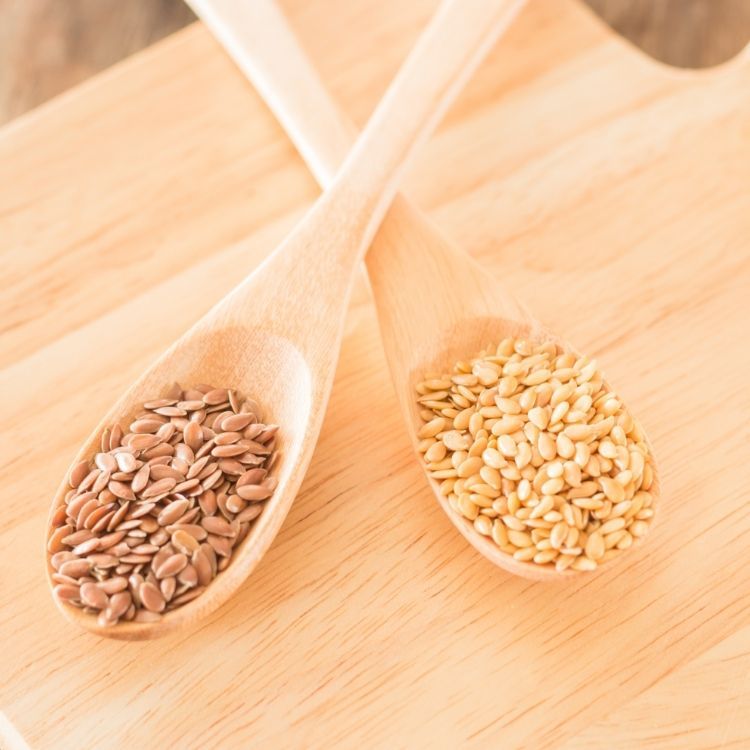

The mechanism of action of Cr involves increased insulin binding, increased insulin receptor number, and increased insulin receptor phosphorylation. Daily intake of 8 microg of Cr per kg body weight was also more effective than 4 microg/kg in women with gestational diabetes. However, people with more overt impairments in glucose tolerance and diabetes usually require more than 200 microg/day. The requirement for Cr is related to the degree of glucose intolerance: 200 microg/day of supplemental Cr is adequate to improve glucose variables of those who are mildly glucose intolerant. Follow-up studies of > 1 year have confirmed these studies. Have you heard about the efficacy of taking chromium supplements for preventing and/or regulating diabetes Like Helpful Hug Interested in more discussions like this Go to the Diabetes & Endocrine System Support Group.


In a study conducted in China that has been supported by studies in the United States, supplemental Cr as Cr picolinate improved the blood glucose, insulin, cholesterol, and hemoglobin A1C in people with Type 2 DM in a dose dependent manner. In addition, diabetes and the neuropathy of a patient on home parenteral nutrition were alleviated when supplemental Cr was added to total parenteral nutrition (TPN) solutions. Chromium is an essential nutrient involved in the metabolism of glucose, insulin and blood lipids. Within the last 5 years chromium (Cr) has been shown to play a role in glucose intolerance, Type 2 diabetes mellitus (Type 2 DM), and gestational diabetes.


 0 kommentar(er)
0 kommentar(er)
